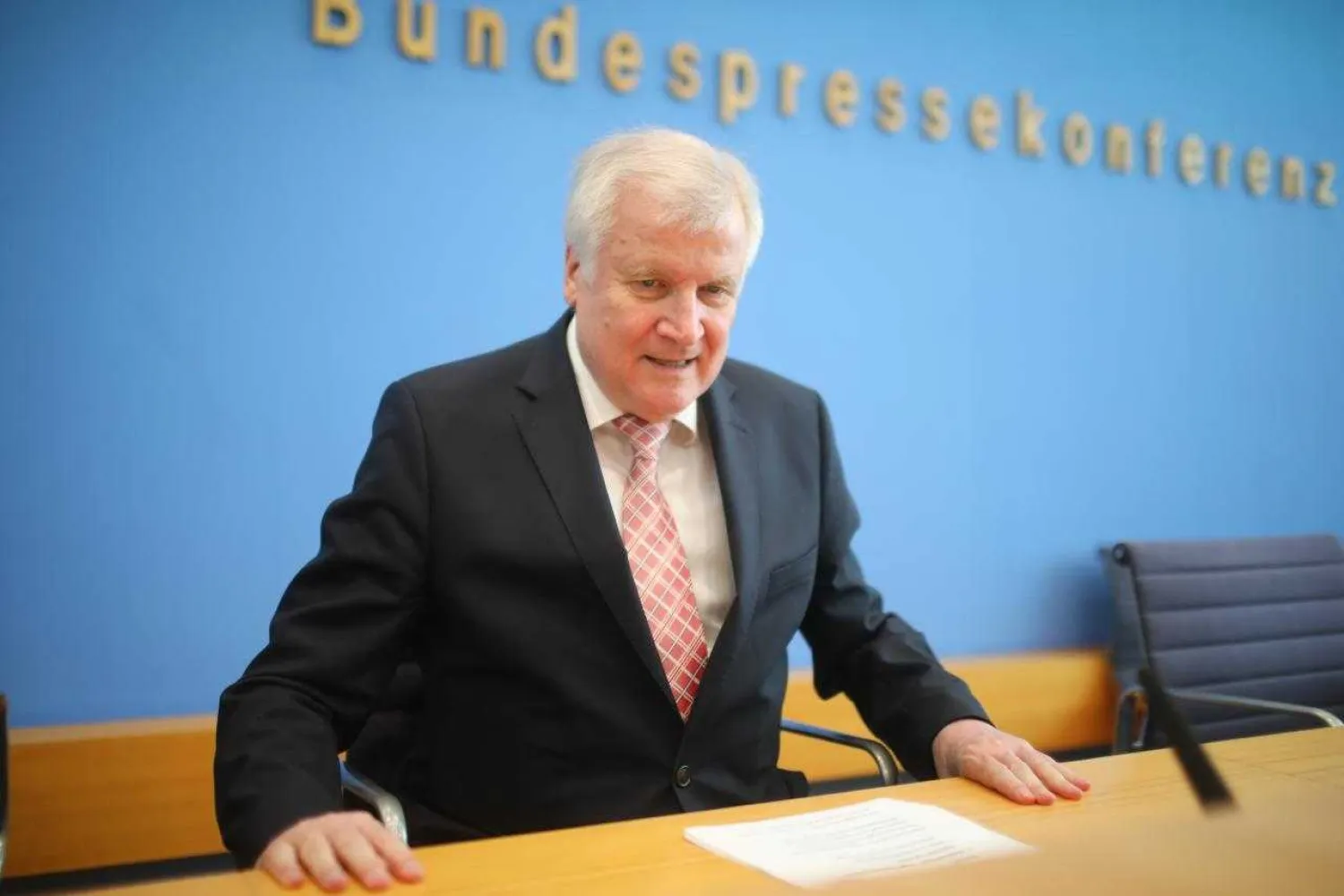A report by Germany’s domestic intelligence service (BfV) revealed that Tehran is using the Iranian embassy in Berlin to spy on the Iranian opposition, and that the Iranian Revolutionary Guard and its arm for foreign operations, the Quds Force, were also active in the country.
This annual report, which was revealed by Interior Minister Horst Seehofer, came a few weeks after Berlin arrested an Iranian diplomat working for the Austrian embassy and charged him with terrorism and giving instructions to Iranians in Belgium to carry out terrorist attacks against an opposition group in the European country.
Iranian diplomat Abdullah Asadi was arrested while in Bavaria, Germany, with a European arrest warrant. His trial in Germany began while Belgium was also demanding his extradition for trial on its territory.
The German intelligence report said spying operations in Germany were run by the Iranian Ministry of Intelligence and National Security, and that they gathered mainly information about dissidents in Germany, but their operations sometimes extended to other European countries.
On the Iranian Quds Force, the report said that its operations were mainly aimed at Israeli and Jewish targets. But the report said no concrete threat was identified against specific targets or people in Germany.
The report revealed that a Pakistani citizen was convicted by a Berlin court of spying for Iran in March last year and sentenced to 4 years and 3 months of imprisonment. According to the report, the convict had been in contact since 2011 with a member of the Quds Force in charge of intelligence operations in Europe.
German intelligence has revealed that Tehran was trying to influence Shiites of various nationalities living in Germany, through a number of centers and institutions it runs in the country. The report mentioned the Islamic Center in Hamburg, which follows the Imam Ali mosque in the same city.
BfV also cited the “ongoing threat” from Lebanon’s “Hezbollah,” saying: “We must expect Hezbollah to continue planning terrorist operations outside the Middle East against Israeli targets.”
German Intelligence Accuses Iranian Embassy of Spying on Opponents

German Interior Minister Horst Seehofer leaves news conference in Berlin, Germany July 24, 2018. REUTERS/Hannibal Hanschke

German Intelligence Accuses Iranian Embassy of Spying on Opponents

German Interior Minister Horst Seehofer leaves news conference in Berlin, Germany July 24, 2018. REUTERS/Hannibal Hanschke
لم تشترك بعد
انشئ حساباً خاصاً بك لتحصل على أخبار مخصصة لك ولتتمتع بخاصية حفظ المقالات وتتلقى نشراتنا البريدية المتنوعة







